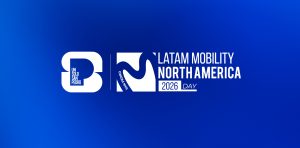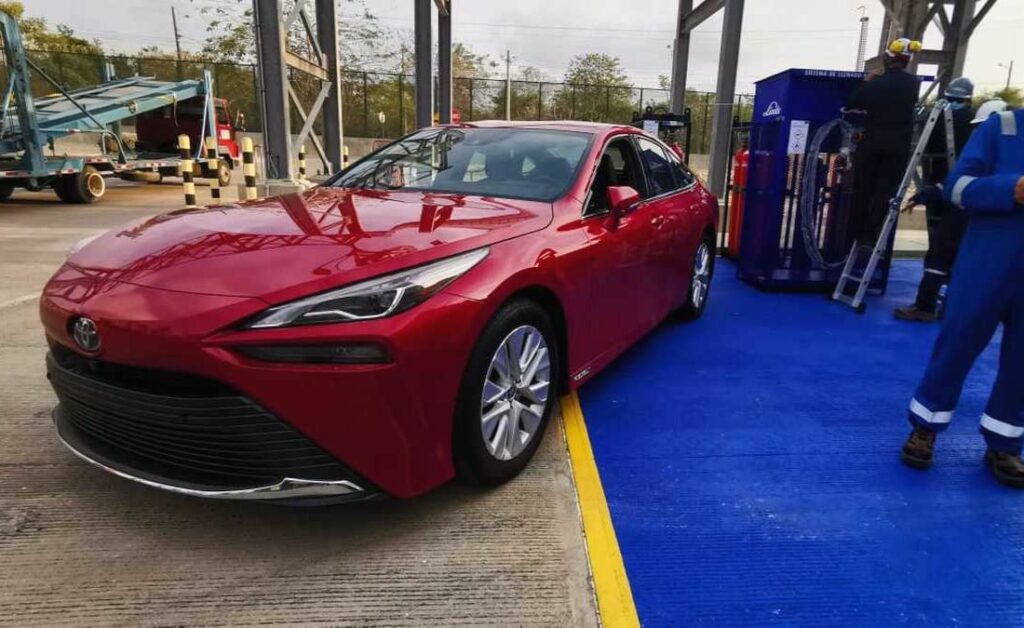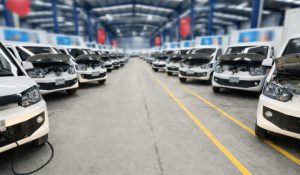
Colombia: Toyota and Ecopetrol Sign Agreement to Boost Sustainable Mobility Through Hydrogen

Toyota’s policy regarding mobility has taken an important turn in recent years. In addition to selling vehicles, the brand has focused on facilitating the movement of people and ensuring the mobility of the future with environmentally friendly technologies. The best example is the progress in electrification, which is not only applied in private vehicles, but also in commercial models, for governments and fleets.
For its part, Ecopetrol has electrified its fleets so that its operations can reduce emissions of more than 170 tons of CO2e per year. The renewal of its vehicles is also part of a sustainable mobility project that includes gas-powered cars and alternatives for workers to minimize their carbon footprint when traveling.
The roadmaps presented by both companies have led them to generate an alliance in favor of new technologies for transportation and cars in general in Colombia. In this regard, they signed a three-year agreement to conduct mobility tests in a green hydrogen vehicle.
The Toyota Mirai vehicle, which will be given to Ecopetrol on loan, will be used in the company’s facilities and in the Cartagena refinery where the performance of hydrogen as fuel, efficiency and autonomy, among other variables, will be evaluated.
Targets to Achieve
The green hydrogen will be produced at the Caribbean Innovation and Technology Center with a 50 kW electrolyzer and solar panels, where there will be a dual recharging system for buses and cars.
The main objectives of the test are to make a technical evaluation of the behavior of hydrogen, to analyze the mobility business that allows the expansion of this application in the country and to study the import model of refueling equipment for this sustainable fuel.
The project will focus on energy transition and research on hydrogen and petrochemicals, which is part of Ecopetrol’s Science, Technology and Innovation strategy.
Ecopetrol’s CEO, Felipe Bayón, explained that this mobility test corresponds to the strategic plan for low-carbon hydrogen, fundamental in the goal of achieving zero net CO2 emissions by 2050.
“Today we have more than 18 opportunities for hydrogen development in four key applications: own operations, sustainable mobility, gas blending and new product development. We will also soon start the mobility test in Bogota. We continue in our plan to advance in the energy transition and offer new clean energy alternatives to Colombians,” he said.
During the program, the production will be 20 kg of high purity green hydrogen daily.





